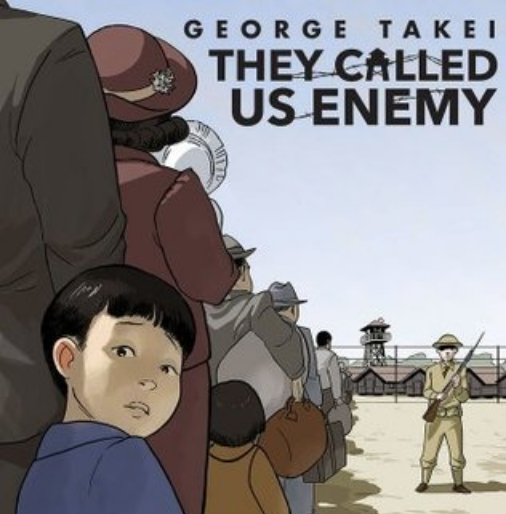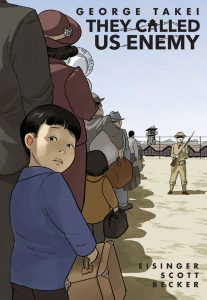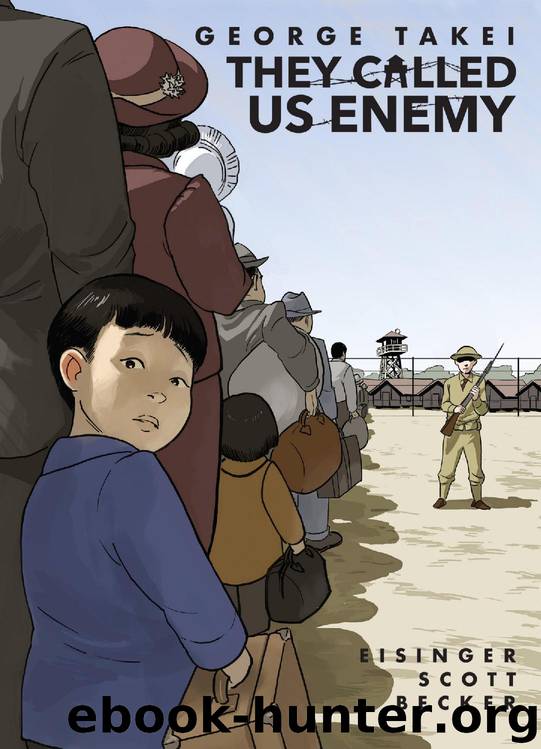
It’s a brutal business for all concerned. The reality of her work is training children to accept the regimentation necessary to work in factories and offices. However, teaching at a tough school soon brings Ursula’s high hopes crashing down.

She leaves the village where she grew up, heads to the town of Ilkeston, and then to university in Nottingham, with dreams of following her own independent path as a teacher. Young Ursula Brangwen certainly hopes so. Compared to a traditional rural society centred on the local church, modern society based on vibrant cities and the wonders of science, might offer new hope for people to develop themselves and lead fuller, more meaningful lives. Later in the book, we see people trying something more up-to-date. We don’t really get the feeling that traditional Christianity is the way to go for the forward-looking seeker of enlightenment. The “lamb of God” comes in for a lot of snark. Meanwhile, Anna, his wife, pokes fun and points out logical pitfalls. Will Brangwen, for example, has a vague, highly emotional, religious enthusiasm, centred on church architecture and religious paintings.

The first part of The Rainbow is focused on the traditional ways that people indulged their mystical leanings, which after all were not invented in the 1960s. So, how does Lawrence, the rebellious early twentieth century hippy, portray in The Rainbow that period of time when the modern world came into being?

Maybe the 1960s is a good place to start this review, since Lawrence was very in vogue then, what with his reputation for the free expression of love, commitment to personal development, and a sense of the mystical value of nature.

Lawrence remained a controversial figure right up until 1960, when Penguin faced a public prosecution under the Obscene Publications Act following the release of their unexpurgated edition of Lady Chatterley’s Lover. It was banned in Britain soon after publication, and would not be available for eleven years. Lawrence’s 1915 novel about three generations of the Nottinghamshire Brangwen family, covering a period from around 1840, to the early 1900s.


 0 kommentar(er)
0 kommentar(er)
